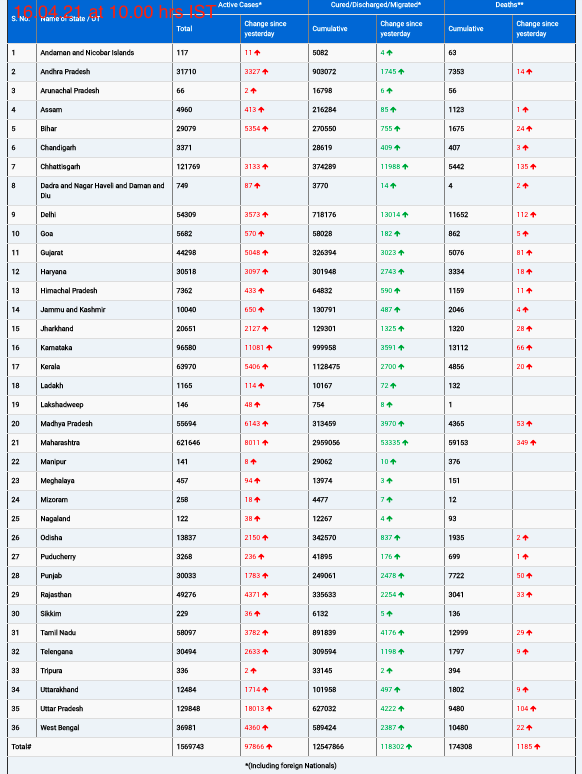The lack of adequate education about asthma is contributing to widespread misconceptions and misinformation surrounding its management, leading to delayed treatment of this debilitating respiratory condition, doctors cautioned on World Asthma Day.
Marked on May 7 every year, World Asthma Day aims to raise awareness about this chronic condition. This year’s theme, “Asthma Education Empowers,” highlights the critical role of enhancing awareness and understanding of asthma.
Dr. Indu Khosla, Consultant Pulmonologist at SRCC Children’s Hospital in Mumbai, stressed the significance of adherence to treatment plans, emphasizing that misconceptions often hinder this crucial aspect. “Despite advanced treatment and prevention strategies, there remains a notable lack of education surrounding asthma,” she said.
Echoing similar concerns, Dr. Sachin Kumar from Sakra World Hospital in Bengaluru emphasized the importance of education in managing asthma effectively. “With proper education and knowledge about asthma, including recent advancements in modern and biological medicines, it becomes easier to prevent and treat the condition,” he explained.
Asthma, a condition influenced by genetics and environmental triggers such as dust, pollution, and viral infections, affects a significant portion of the global population, with prevalence ranging from 3-15 percent. Post-Covid, there has been a surge in viral infections causing wheezing in children, attributed to reduced immunity due to lockdowns and worsening air quality.
Dr. Pavan Yadav, Lead Consultant at Aster RV Hospital, highlighted the challenge of under-diagnosis and under-treatment of asthma in countries like India, citing urbanization and air pollution as major contributors to its rising prevalence.
Asthma, characterized by symptoms like breathlessness, chest tightness, and cough, often coexists with allergies, leading to additional complications such as allergic rhinitis and sinusitis.
Recent insights from health experts shed light on the impact of asthma not only on respiratory health but also on neurological function. Praveen Gupta from Fortis Hospital Gurugram warned about the potential cognitive impairment resulting from asthma attacks, citing ischemic demyelination and brain cell damage due to oxygen deprivation.
Research suggests that both adults and children with asthma may experience cognitive deficits, with factors like hypoxia, inflammation, and chronic stress contributing to neurological complications.
The intricate interplay between asthma and neurological function underscores the importance of addressing both aspects in asthma care. Experts advocate for comprehensive treatment strategies that encompass respiratory and neurological considerations to optimize outcomes and promote overall well-being.
As World Asthma Day concludes, the call for improved asthma education resonates as a crucial step towards dispelling misconceptions, enhancing treatment adherence, and ultimately improving the quality of life for millions affected by this chronic condition.












